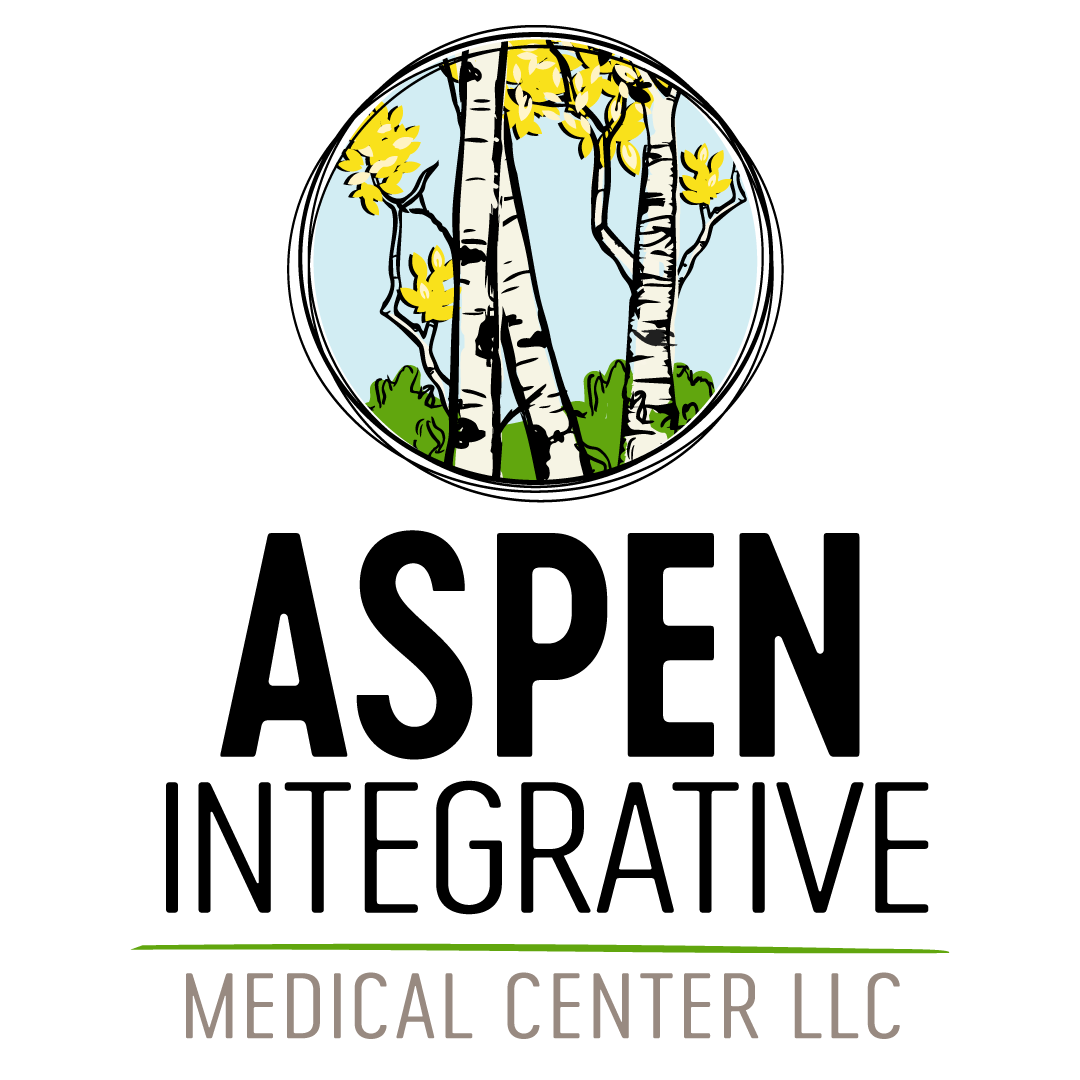We specialize in the diagnosis and treatment of...
Postural Orthostatic Tachycardia Syndrome (POTS)
POTS (Postural orthostatic tachycardia syndrome) is a condition characterized by an abnormal increase in heart rate that occurs upon moving from lying down to a standing position. Typically, the heart rate increases by 30 beats per minute or more within 10 minutes of standing. This rapid heart rate can cause symptoms such as lightheadedness, dizziness, fainting, fatigue, sweating, headaches, palpitations, and dysautonomia.
At Aspen Integrative Medical Center, Dr. Alexandra Mele specializes in the diagnosis, and treatment of POTS. She also specializes in often associated hypermobile spectrum disorders and is a member of the Ehler’s Danlos Society. During your visit Dr. Mele will review all your prior workup, perform her own assessment, refer out as necessary for specialized testing (such as a tilt table test), and work hand-in-hand with your other health care providers, so you have all the support you need in managing your POTS.
POTS is a type of dysautonomia
POTS is considered a type of dysautonomia, which means it involves dysfunction of the autonomic nervous system, the part of the nervous system that regulates involuntary bodily functions such as heart rate, blood pressure, digestion, and temperature control. While the exact cause of POTS is not always clear, it is believed to involve a combination of genetic predisposition, environmental factors (such as mold toxicity), and physiological changes. It is also heavily associated with hypermobility spectrum disorders.
What is the treatment for POTS?
Naturopathic treatment for POTS typically involves a combination of lifestyle modifications, such as increasing fluid and salt/electrolyte intake, wearing compression garments, and gradually increasing physical activity levels. Our clinic also specializes in specific IV formulas to rapidly rehydrate and increase blood volume levels. We are also one of the only clinics in Northern Arizona with a hyperbaric oxygen chamber which has shown to be beneficial for POTS.
When lifestyle modifications, IV therapy, and hyperbaric oxygen therapy isn’t sufficient, medications may also be prescribed to help manage symptoms, including beta-blockers, fludrocortisone, and others to help regulate heart rate and blood pressure. Additionally, physical therapy and other forms of therapy may be beneficial in managing symptoms and improving quality of life for individuals with POTS.
In addition to POTS, other conditions must be ruled out such as often associated Mast Cell Activation Syndrome (MCAS), hypermobile spectrum disorders, and mold toxicity. Our naturopathic approach takes a look at the whole picture in determining what is best for you and your condition.

Staying hydrated with the right amount of electrolytes is crucial when managing POTS.


